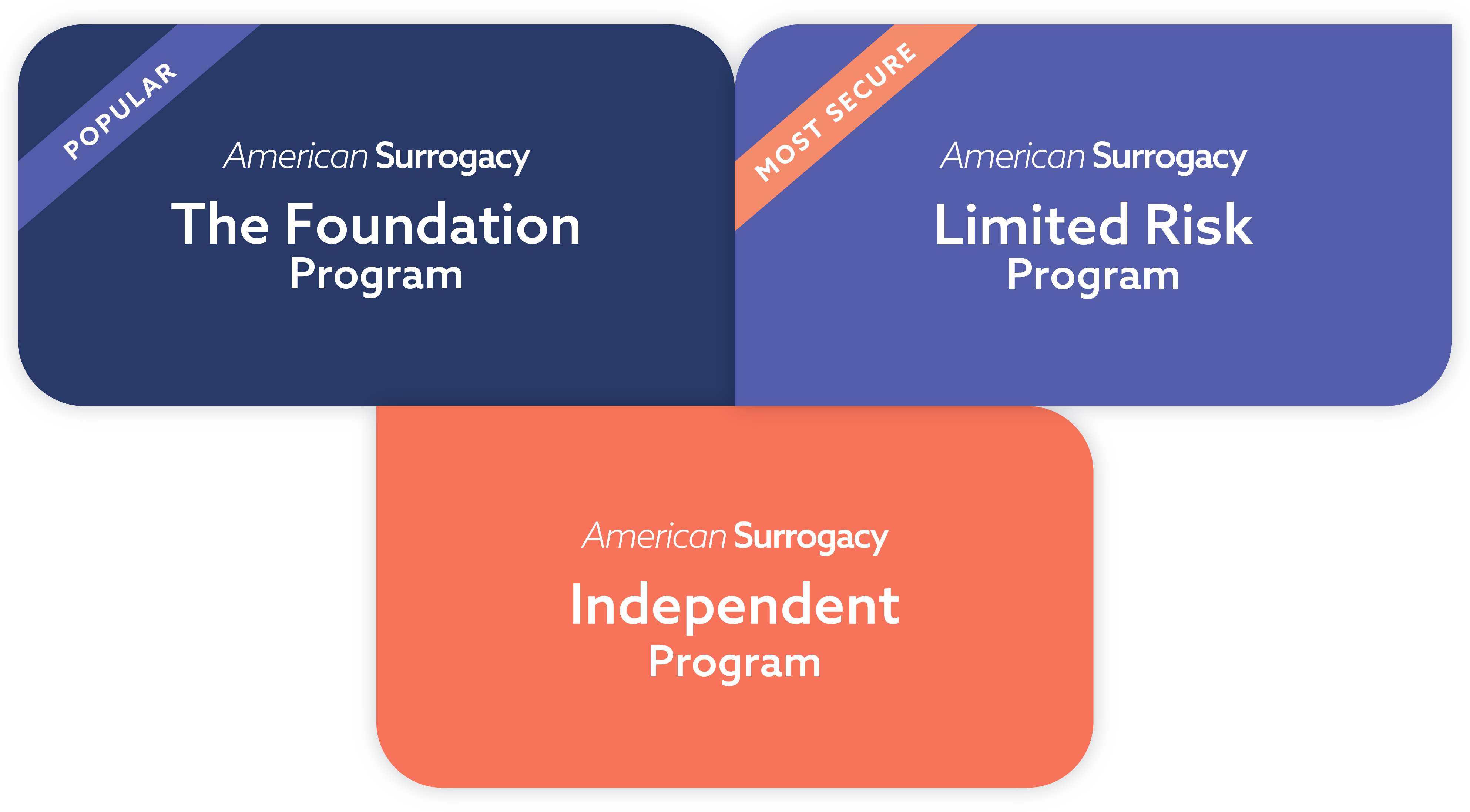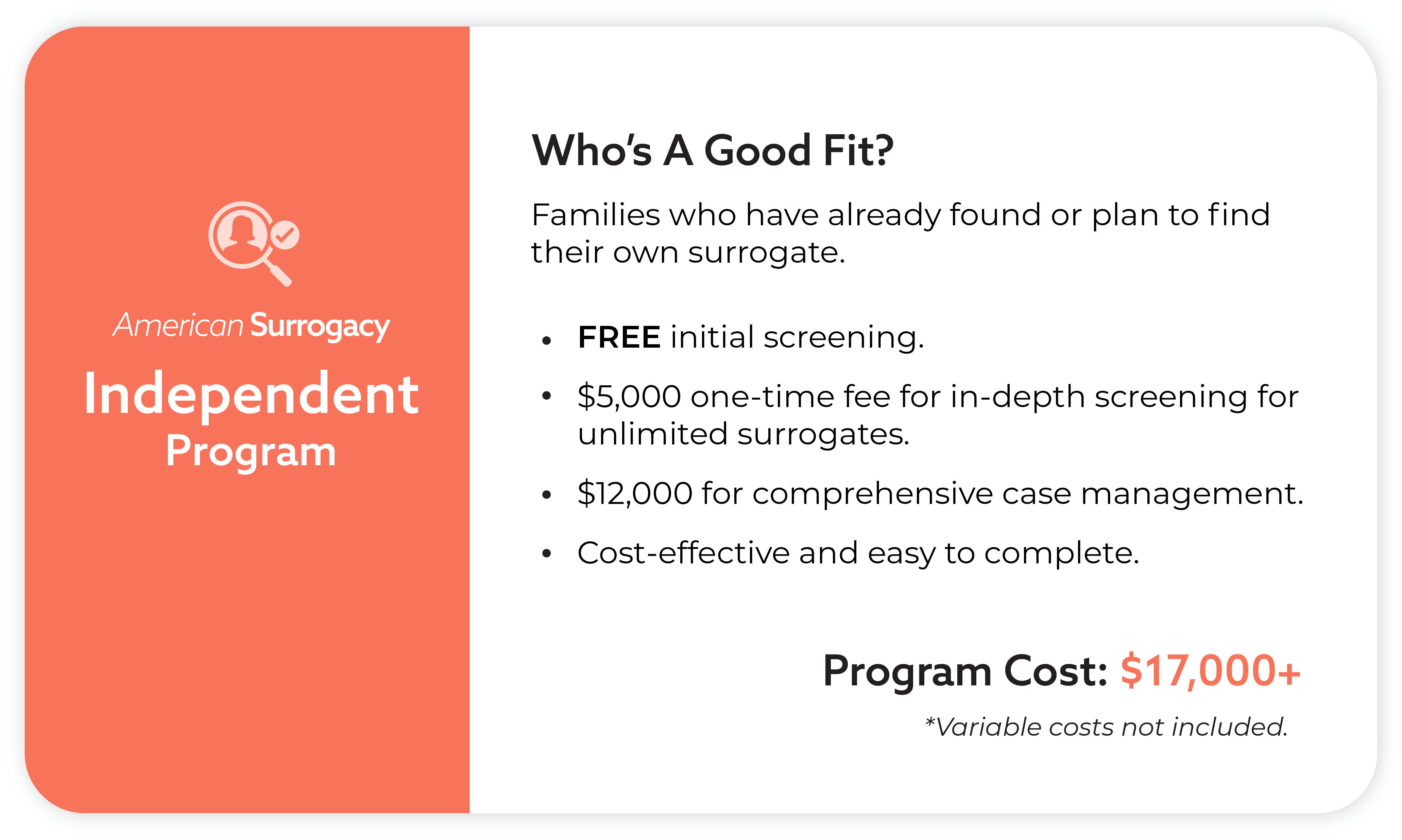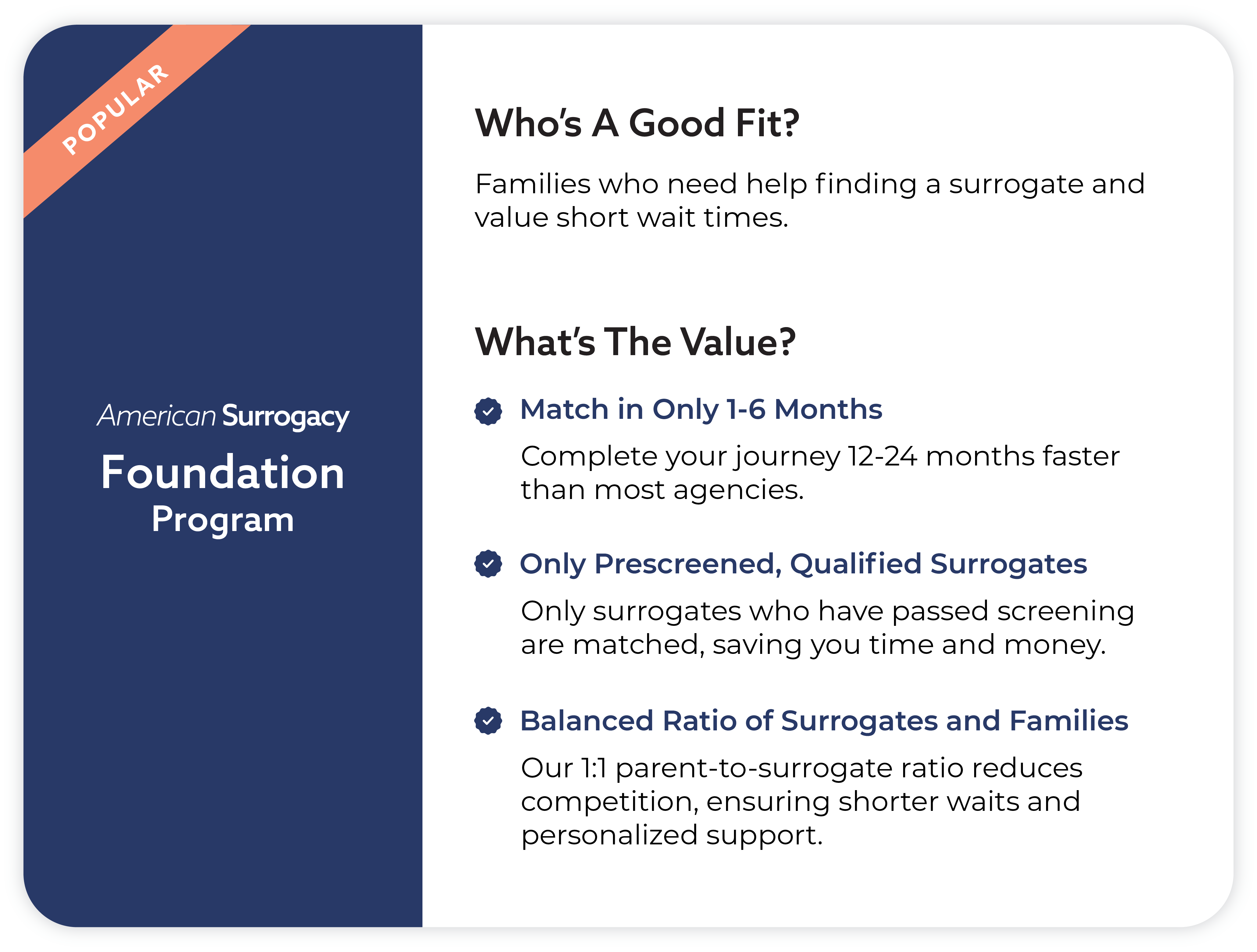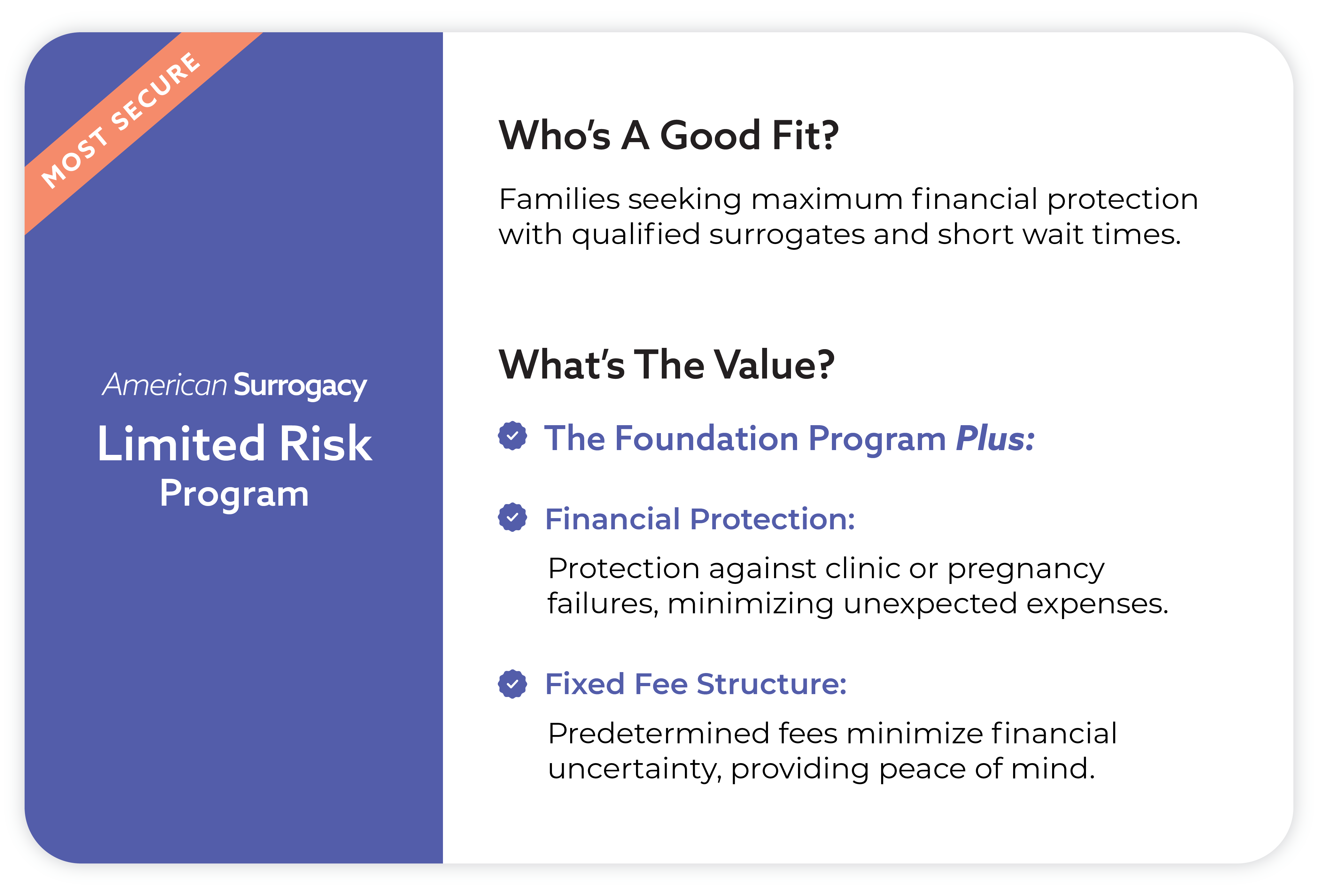Imagine holding your baby for the first time—knowing every legal detail was handled with care.
With our expert guidance and nationwide surrogacy network, you don’t have to worry about whether Virginia surrogacy laws will stand in your way.
In this guide, we’ll walk you through everything you need to know about surrogacy laws in Virginia, including enforceability of contracts, LGBTQ+ rights, and more.
Surrogacy Laws in Virginia
Virginia allows gestational surrogacy under specific legal conditions, outlined in Virginia Code § 20-156 through § 20-165. While surrogacy is legally permitted, the law favors altruistic surrogacy arrangements. Compensated surrogacy is limited to reimbursement of expenses under the statute, and the enforceability of such agreements often depends on judicial interpretation.
Virginia law permits:
- Gestational surrogacy with court approval and compliance with legal requirements
- Altruistic surrogacy agreements processed through a pre-approved court procedure
- Traditional surrogacy, though legally riskier due to genetic ties
Virginia Code § 20-156 – § 20-165
Is Paid Surrogacy Legal in Virginia?
Technically, no. Virginia law only allows altruistic arrangements. However, courts may allow reasonable reimbursement for pregnancy-related expenses.
Here’s where we come in: At American Surrogacy, we coordinate matches between surrogates and intended parents across all 50 states, including those where compensated surrogacy is fully legal and enforceable. This means you can still build your family with peace of mind, even if Virginia’s laws feel restrictive.
Learn more about surrogate compensation
Are Surrogacy Contracts Enforceable in Virginia?
Yes—with limitations. Virginia has a judicial pre-approval process for surrogacy contracts, but the law primarily applies to altruistic surrogacy. Enforceability can vary by court and specific circumstances.
To ensure compliance and safeguard everyone’s rights, we recommend working with surrogacy attorneys experienced in Virginia law. If enforceability is a concern, American Surrogacy’s national network can give you flexibility to have the family you are dreaming of.
Surrogacy Contract Checklist
Every surrogacy contract should cover:
Compensation for the surrogate, reimbursements and handling of unexpected costs. Who makes decisions about embryo transfers, selective reduction, pregnancy termination or cesarean delivery? Wellness expectations, travel restrictions and communication preferences. How and when the intended parents will be recognized as the child’s legal guardians. Clear methods for resolving disagreements—without jeopardizing the journey. What happens if one party needs to end the agreement early?
When Do I Need a Surrogacy Contract in Virginia?
Surrogacy contracts are drafted after a match is made, but before any medical procedures begin. This ensures that all legal and emotional expectations are clearly established in writing.
Learn about the surrogacy timeline
How Will American Surrogacy Support Me During the Contract Stage?
From the very beginning, our team researches your state’s legal environment before presenting you with a match. Once you’re matched, we coordinate with experienced surrogacy attorneys to ensure your contract reflects your goals and abides by Virginia laws—or the laws of another state, if needed.
Explaining complex legal language in plain terms Assisting with contract negotiations and feedback loops Coordinating timelines between medical and legal milestones Ensuring all documentation is signed and submitted on time Connecting you with a surrogacy attorney near you How We Help You
We handle the complexities so you can focus on becoming a parent.
LGBTQ+ Surrogacy Laws in Virginia
Virginia law is inclusive of LGBTQ+ couples pursuing surrogacy. Married same-sex couples may be able to obtain a pre-birth or post-birth order establishing parentage. However, some same-sex parents may still need to complete second-parent adoption depending on the circumstances.
Abortion Laws in Virginia and Surrogacy Contract Termination Agreements
Virginia currently permits abortion up to the second trimester, but this can vary depending on legislative changes. That’s why termination clauses are a standard part of all surrogacy contracts. These clauses allow intended parents and surrogates to align their views before moving forward.
If you or your surrogate are concerned about abortion laws in Virginia, American Surrogacy can guide you to safer legal environments through our national reach.
Surrogacy Laws for Establishing Parentage in Virginia
Parentage in Virginia can be established later in pregnancy through Virginia’s specific legal route, or after birth using and results are dependent on the court. Courts typically require a genetic connection to the child and a valid surrogacy agreement.
Same-sex couples may need to complete adoption proceedings
How to Get a Pre-Birth Order in Virginia
Pre-birth orders are generally not available in Virginia, and families must follow Virginia’s state laws to complete surrogacy journeys, which often means a lengthy process or post-birth paperwork.
International Surrogacy Laws in Virginia
Virginia has no specific laws addressing international surrogacy arrangements. However, families pursuing international surrogacy may face challenges with parentage recognition and immigration.
Always consult with a legal expert to avoid international complications.
The Role of a Surrogacy Attorney in Virginia
A Virginia surrogacy attorney is critical for:
- Drafting enforceable contracts
- Filing for pre- or post-birth orders
- Handling second-parent adoptions
- Advising on compensation laws
We can help you find a qualified surrogacy attorney near you.
How Much Does a Surrogacy Lawyer Cost in Virginia?
Legal costs vary, but you can expect:
- $4,000–$10,000 for full representation
- Intended parents usually cover surrogate’s legal fees
Our programs include legal cost considerations, so there are no surprises
Find a Surrogacy Attorney Near You
Examples of Virginia-based surrogacy attorneys:
Colleen M. Quinn is the founder and director of the Quinn Law Centers, which includes the Adoption & Surrogacy Law Center. With over three decades of experience, she specializes in adoption, surrogacy, assisted reproductive technology, and LGBTQ+ family law. Ms. Quinn has been recognized with numerous awards, including “Adoption Attorney of the Year” by Lawyers Monthly magazine and the “President’s Award” from the American Academy of Adoption & Assisted Reproduction Attorneys (AAAA). She is also a certified Guardian ad Litem and frequently serves as an expert witness in surrogacy and adoption cases.
Rodney M. Poole is a partner at Poole and Poole Attorneys. Mr. Poole concentrates on adoption and assisted reproductive technology law, having represented clients in over 3,000 adoption proceedings. He is a member and former president of the American Academy of Adoption Attorneys and has served on various advisory committees related to adoption law in Virginia.
Explore Our Surrogacy Programs in Virginia
Start today and you could be matched with a fully screened surrogate in as little as 1 - 4 months.
We offer three flexible, parent-focused programs:

Independent Program:

Foundation Program:

Limited Risk Program:

FAQ: Legal Aspects of Surrogacy in Virginia
Are insurance companies required to cover IVF in Virginia?
No. Virginia does not mandate insurance providers to cover IVF. However, these states do: CT, IL, MA, NJ, RI.
Is an embryo considered a person in Virginia?
No. Virginia law does not define embryos as legal persons. They are typically treated as property, subject to the agreements of the genetic contributors.
Is traditional surrogacy legal in Virginia?
Yes—but risky. Traditional surrogacy (where the surrogate is genetically related to the child) is not explicitly banned but lacks clear legal protections. It is discouraged by most professionals.
Do sperm and egg donors have parental rights?
No. Donors relinquish parental rights under Virginia law, provided proper legal documents are in place.
Is there an IVF Tax Credit in Virginia?
No. Virginia currently offers no IVF-specific tax credits.
Your Virginia Surrogacy Journey Starts Here
Surrogacy in Virginia comes with unique legal considerations—but with American Surrogacy, you're never alone. Whether you're navigating pre-birth orders, seeking legal clarity, or pursuing a match in a more favorable state, we’ll help you build your family with confidence.
Ready to take the next step?
Surrogacy laws in Virginia are always subject to change, so this article should not be taken as legal advice. Please speak to a local surrogacy attorney in Virginia to learn more about the current state of surrogacy and what laws your personal process may be subject to.